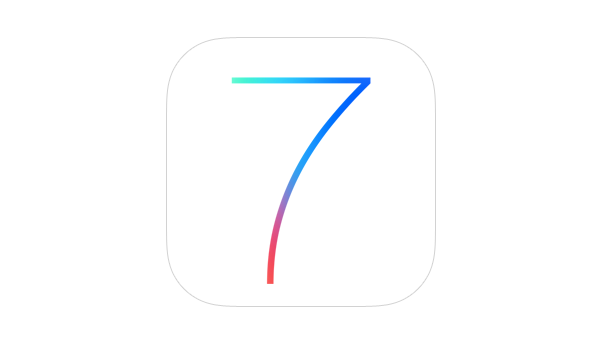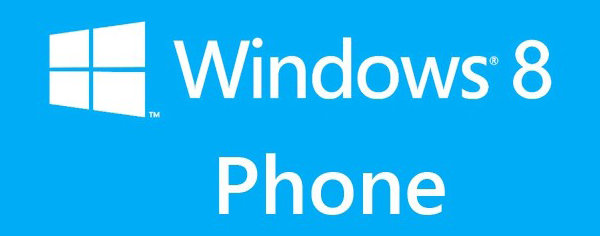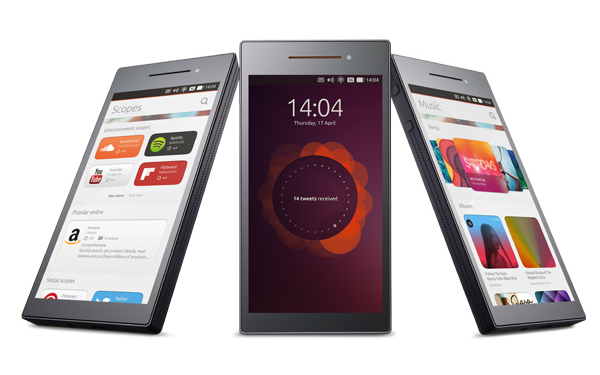As a mobile developer, it's good to be familiar with the most important platforms in the mobile space. Apart from the two dominant platforms, iOS and Android, there are other important players, such as Windows Phone, and also a few open source platforms like Ubuntu Touch and Firefox OS. In this article, I'll talk about the most important mobile operating systems, their current state, and how they're performing in the current mobile landscape.
1. Google: Android KitKat
With a market share of 81%, Google's Android operating system is by far the most popular mobile operating system and this won't change in 2014.
Android is based on the Linux kernel and applications for the platform are predominantly written in Java. What does this mean for mobile developers? First of all, it's fairly easy to get an application listed in Google's Play Store—as opposed to Apple's App Store. Developers pay a one-time signup fee of $25, which allows developers to publish as many apps as they like. Getting your app listed on Google's Play Store is quite straightforward.

The Play Store, however, already contains more than 1 million apps, so it has become much harder to get noticed and generate downloads.
If you're interested in Android development, then check some of the tutorials on Tuts+. You can find more information about Google's developer program at their website.
2. Apple: iOS 7
Even though Apple's mobile operating system has recently been losing ground to Android, it continues to be a major player in the mobile space. Currently, iOS has a market share of around 13%.
iOS is based on Unix and native applications are mostly written in Objective-C, a strict superset of the C programming language. Compared to Google's Play Store, it is a little bit costlier and harder to get an application in Apple's walled App Store. Developers need to pay $99 per year to enroll in Apple's developer program.

The approval process for the App Store is notoriously strict. As with Google's Play Store, competition is fierce in the App Store with more than 1 million applications to date.
Tuts+ has a wide range of tutorials to get you started with iOS development. Visit Apple's website for more information about Apple's iOS developer program.
3. Microsoft: Windows Phone 8
Windows Phone is Microsoft's attempt to get a foothold in the booming mobile market. So far, Microsoft isn't doing very well with a market share of a little under 4%. There's certainly room to grow.
Even though the platform has fewer users, the Windows Phone Store contains only 200,000 apps, which means there's much less competition. Becoming a developer for Microsoft's mobile platform requires you to pay a yearly fee, $19/year for individuals and $99/year for companies.

Even though Microsoft's mobile operating system currently has fewer users, it has potential for growth so it might still be worth a try.
For more information on Windows Phone development, take a look at the tutorials on Tuts+ covering Microsoft's mobile platform.
You can find more information about Microsoft's developer program at their website and you can learn more about the differences between an individual and company account in Microsoft's Dev Center.
4. BlackBerry: BlackBerry 10
Not too long ago, the top choice for businessmen was BlackBerry OS, by BlackBerry Limited—formerly RIM or Research in Motion. With a market share of 1.7%, it currently is the 4th largest mobile platform.
In the past, BlackBerry was one of the market leaders and a pioneer in the industry. Over the past few years, however, it's market share has declined as a result of the explosive growth of iOS and Android, the new dominant players in the market. However, BlackBerry recently rolled out an update to its operating system, BlackBerry 10. The company made nice changes to the operating system to make it more modern and improve its user interface.

In September 2013, BlackBerry World—BlackBerry's app store—listed 235,000 apps. One of the biggest advantages about developing for BlackBerry is that it's completely free.
If you're interested in creating mobile applications for BlackBerry 10, then head over to their developer portal.
5. Samsung: Bada and Tizen
In 2010, Samsung announced Bada, it's answer to mobile operating systems like iOS and Android back. While Samsung's Android devices start with Galaxy, their Bada devices were prefixed with Wave, like the Wave S8500.
Bada was initially targeted at mid- to high-end smartphones, but Samsung has never put much effort into developing and promoting its Bada devices.
In 2013, Samsung announced that they would stop developing the Bada platform and focus on the development of the Tizen operating system instead. Tizen is a project within the Linux Foundation. Unlike Bada, which is based on the RTOS (real-time operating system) kernel, Tizen is based on the Linux kernel.
Even though Tizen is a new platform, it is backed by established entities like Samsung, Intel, and the Linux Foundation. Developers can use HTML5 or C++ to develop native applications for the Tizen platform. The Tizen Store, which is in development at the time of writing, will be the official store for Tizen applications.
6. Nokia: Symbian, MeeGo, and Asha
Symbian was the most popular mobile operating system before the era of smartphones and tablets. It was used by Nokia, Motorola, and Sony Ericsson, and became popular when Nokia built the Symbian S60 platform.
The newest version of the Symbian operating system is Nokia Belle. In 2011, however, Nokia left Symbian and began to use Windows Phone as its main operating system for smartphones. The usage and market share of Symbian has decreased over the years. Recently, Nokia has decided to stop allowing developers to upload applications to the Symbian Store.
In the past, Nokia also experimented with other mobile operating systems, such as Maemo, which was later merged with the Intel's Moblin into MeeGo. Nokia even created a MeeGo phone, the Nokia N9. MeeGo lives on through the Mer project, which has in turn been developed into the Sailfish operating system.
The Asha platform was developed for low-end smartphones and feature phones. Asha is still under active development with new devices being released every few months. It has some potential as Nokia is still a leading brand in some countries. You can develop a Java application or a Web App. However, currently, the platform does not have any significant market share.
7. Mozilla: Firefox OS
Firefox OS is a new community-based mobile operating system that is developed by Mozilla, which is best known for developing the Firefox browser and the Thunderbird email client.

Firefox OS is free and open source. It's based on Linux and uses HTML5 and JavaScript to power its applications. For developers familiar with HTML5 and JavaScript, development for Firefox OS will be very familiar.
If you'd like to learn more about Firefox OS, then head over to Mozilla's website.
8. Ubuntu Touch
Ubuntu Touch is also a new mobile operating system based on one of the most popular flavor of Linux, Ubuntu. Backed by Canonical Limited and the Ubuntu Community, Ubuntu Touch shows a lot of promise.

If you'd like to get started developing for Ubuntu Touch, then visit the developer portal. Brad Wells wrote a nice tutorial about how to get started with Ubuntu Touch.
Conclusion
So here are the mobile operating systems for 2014. Out of all these operating systems, iOS and Android are definitely the most popular, but competition in the mobile space is tough.
Even though BlackBerry is in decline, BlackBerry 10 is BlackBerry's last attempt to make a dent in the mobile space.
In 2013, Microsoft acquired Nokia's mobile division, indicating the company doesn't have any plans to throw in the towel anytime soon.
Bada and Symbian are dead, there's no point developing for these platforms. Sailfish OS and Tizen are still very new and little is known about them, so they're not worth your time at this point.
Remember to keep an eye out for Firefox OS and Ubuntu Touch. They're making good progress and show a lot of potential.
I hope you learned something about these mobile operating systems and what it means for mobile developers. If you have any questions, post a comment below, and I'll do my best to respond.


Comments